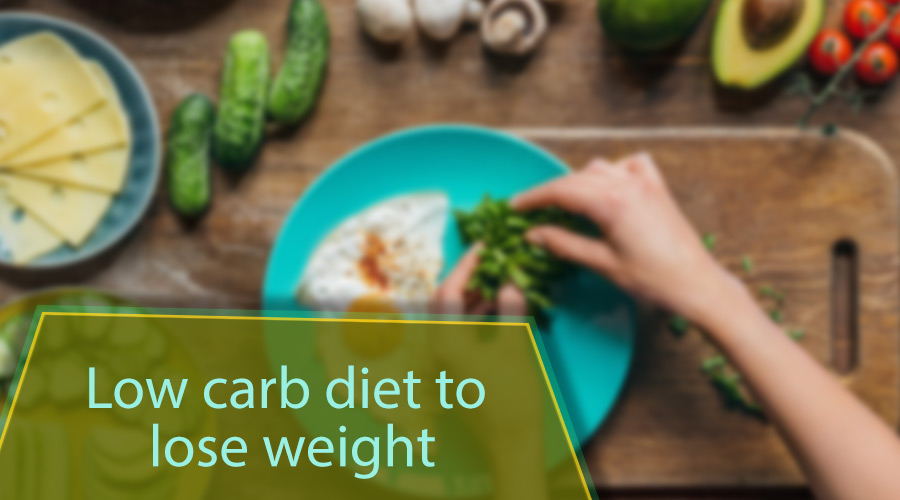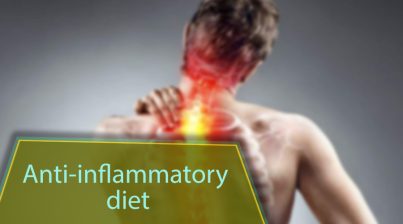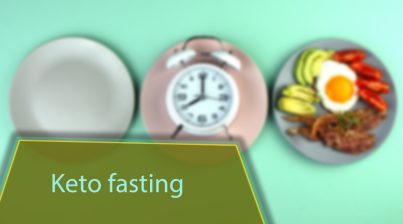Are you looking to cut carbs and lose weight? If so, you’re not alone. A low-carb diet is a great way to slim down and get healthy. In this blog post, we will discuss the basics of low-carb diets and how to follow one successfully. We’ll also provide tips for cutting carbs and shedding pounds. So if you’re ready to start losing weight, keep reading!
Table of Contents
What is a low-carb diet?
A low-carbohydrate diet is a diet that restricts carbohydrates. Carbs are found in many foods, including loaves of bread, pasta, fruits, and vegetables. A very low-carb diet focuses on eating protein and healthy fats instead of carbs. This type of weight loss diet can help you lose weight and improve your health. One popular example is the Ketogenic diet or Keto diet which is a high-fat diet but also regulates carbohydrate intake.
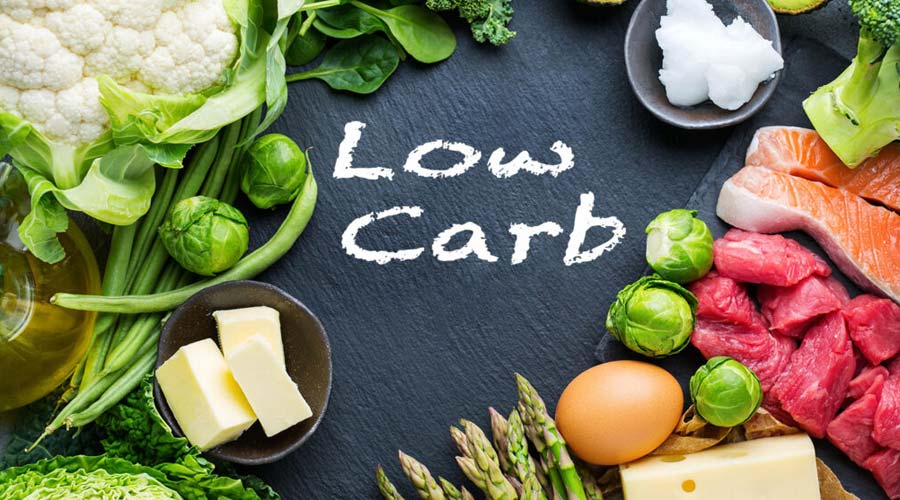
How to follow a low-carb diet
If you’re interested in following a strict low-carb diet, there are a few things you should keep in mind. First, you’ll need to make sure that you’re eating plenty of protein and healthy fats. This can be accomplished by eating foods such as lean meats, fish, eggs, nuts, and seeds. You should also make sure to include low-carb vegetables in your diet. These include broccoli, cauliflower, kale, and spinach. In addition, you’ll need to limit your intake of high-carb foods such as loaves of bread, kinds of pasta, fruits, and sweets. Finally, it’s important to drink plenty of water on a low-carb diet. This will help keep you hydrated and help your body function properly.
One common question people ask is how many carbs they should eat per day on a low-carb diet. The answer depends on a few factors, such as your activity level and goals. Generally, most people should aim to consume around 50-100 grams of carbs per day on a low-carb diet. This amount can vary, so it’s important to tailor your carb intake to fit your own needs.
Another thing to keep in mind when following a low-carb diet is that not all carbs are created equal. When eating carbs, some such as those found in whole fruits and vegetables, are healthy and beneficial. Other carbs, such as those found in processed foods and sweets, should be limited or avoided altogether.
Finally, remember that slow and steady wins the race when it comes to weight loss. Don’t try to do too much too quickly; focus on making small changes that you can stick with over time. By following a low-carb diet plan and incorporating some of these tips into your routine, you’ll be able to achieve your weight loss goals!
Know More About Sustanon 250 for Sale
Health benefits of a low-carb diet
There are many benefits to following a low-carb diet:
- You will lose weight: One of the main benefits of a low-carb diet is that it helps you lose weight. When you restrict carbs, your body starts burning stored fat for energy. This leads to quick weight loss without hunger or deprivation.
- You’ll lower your risk of disease: A low-carb diet can also help you lower your risk of disease. This is because it helps to improve blood sugar levels, cholesterol levels, and blood pressure.
- You’ll have more energy: When you cut carbs, you’ll likely notice an increase in energy. This is because your body isn’t struggling to process sugar for energy anymore.
What to eat on a low-carb diet?
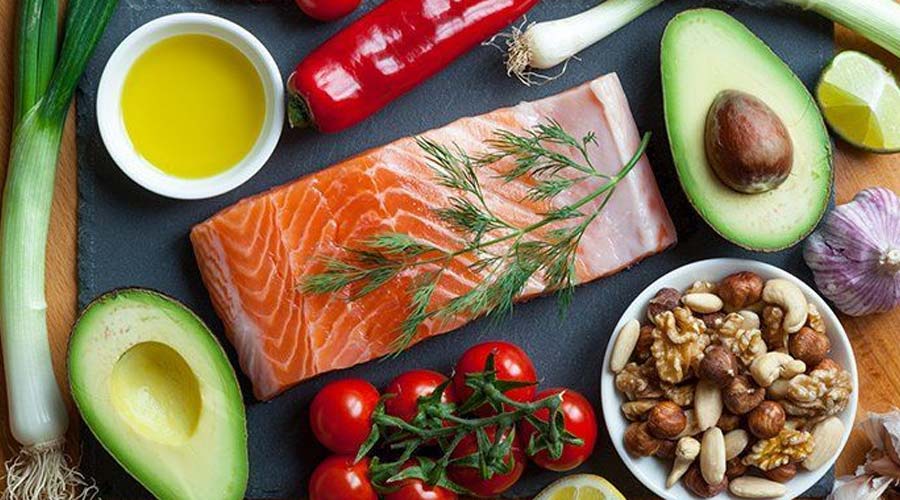
If you’re following a low-carb diet, you’ll want to focus on eating protein and healthy fats. Good sources of protein include chicken, fish, beef, and tofu. You can also get your protein from low-carb vegetables like broccoli and kale. Healthy fats include avocados, olive oil, and nuts. You’ll also want to eat plenty of low-carb fruits and vegetables like tomatoes, cucumbers, and leafy greens.
Low-carb tips and guides
Tips for following a low-carb diet
If you’re interested in following a low-carb diet, there are a few things you should keep in mind:
- Plan your meals: Before you start cutting carbs, it’s important to plan your meals. This will help you make sure you’re getting the right nutrients and staying within your carb limit.
- Choose healthy carbs: Just because you’re restricting carbs doesn’t mean you have to cut them out completely. There are plenty of healthy carbs that you can eat, such as vegetables, fruits, and whole grains.
- Get enough protein: When cutting carbs, it’s important to make sure you’re getting enough protein. Protein will help you feel fuller longer and maintain your muscle mass.
- Start by slowly reducing the number of carbs you eat each day. You can do this by eliminating high-carb foods from your diet or by eating smaller portions of carb-containing foods.
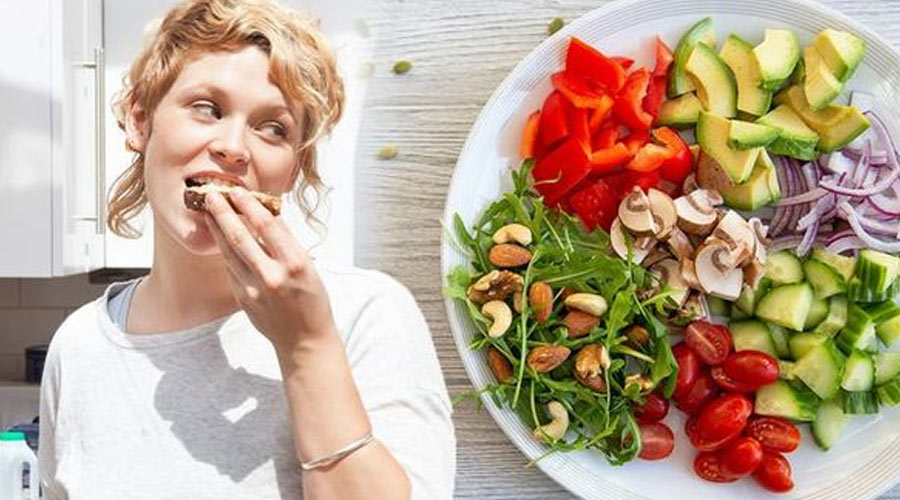
- Make sure that you’re getting enough protein and healthy fats. This will help keep you satisfied and prevent cravings.
- Increase your water intake. Drinking plenty of water will help keep you hydrated and flush out toxins.
- Exercise regularly. Exercise not only helps you lose weight, but it also has numerous health benefits.
- Get plenty of sleep. Sleep is important for overall health and can help you lose weight.
- Stick to your plan. It’s important to be patient when cutting carbs and losing weight. Remember that slow and steady wins the race!
By following these tips, you’ll be on your way to successfully cut carbs and losing weight. Just remember to be patient and stick to your plan. Good luck!
When following a low-carb diet, it’s important to make sure you’re getting enough protein. Protein will help you feel fuller longer and maintain your muscle mass. It’s also important to choose healthy carbs, such as vegetables, fruits, and whole grains. And lastly, be sure to plan your meals ahead of time to make sure you’re getting the right nutrients.
Know the Difference of Testosterone Enanthate vs Cypionate
Exercise appropriately
When low-carb dieting, it is important to adjust the intensity and duration of your exercises. As your body starts burning stored fat for energy, you may find that you have more energy and can exercise for a longer period of time. However, if you’re feeling tired or lightheaded, it’s important to listen to your body and take a break. Remember that slow and steady wins the race!

Get plenty of rest while low-carb dieting
It’s just as important to get enough sleep when low-carbing as it is when not low-carbing. When following a low-carb diet, your body is working hard to burn stored fat. This takes a lot of energy, which can leave you feeling tired. Make sure to get plenty of rest so that your body can recover and you’ll be able to stick to your low-carb diet plan.
Not all carbs are created equal
Just because you’re following a low-carb diet, doesn’t mean you have to cut out all carbs. There are plenty of healthy carbs that you can eat, such as vegetables, fruits, and whole grains. It’s important to choose healthy carbs rather than unhealthy processed carbs.

Gradually reduce the number of carbs you eat each day
It’s best to start by slowly reducing the number of carbs you eat each day. You can do this by eliminating high-carb foods from your diet or by eating smaller portions of carb-containing foods. This will help your body adjust to low-carb eating without feeling deprived.
Avoid sugar cravings
When cutting carbs, it’s important to make sure you’re getting enough protein and healthy fats. This will help keep you satisfied and prevent cravings. If you do find yourself craving something sweet, there are plenty of low-carbohydrate options available, such as sugar-free candy or gum.
See More About Testosterone Tabs Use
Meal prep
To make low-carb dieting easier, it’s helpful to meal prep low-carb meals ahead of time. This way, you’ll always have a healthy meal or snack available when you’re feeling hungry. Meal prepping can also help you save money and time in the long run.

When low-carb dieting, it can be helpful to have a few go-to recipes. Here are a few of my favorite low-carb meal recipes:
- Chicken and Broccoli Stir Fry
- Turkey Chili
- Salmon with Asparagus
- Shrimp Scampi
These recipes are all low in carbs, healthy, and delicious. Give them a try!
Carry low-carb snacks
When low-carb dieting, it’s important to always have low-carb snacks on hand. This will help you avoid getting too hungry and making poor food choices. Some of my favorite low-carb snacks include nuts, seeds, hard-boiled eggs, and cheese.

Should I count calories while low carbing?
It’s not necessary to count calories while low carbing, but you should aim for a healthy calorie intake each day. This will help you reach your weight loss goals without feeling hungry or deprived.
Knowing what foods are low-carb
It is important to know which foods are low-carb so that you may avoid temptations of other types of food that are not for your diet. There are many low-carb foods available, so you should have no problem finding something to eat.

Some low-carbohydrate foods include:
- Vegetables: broccoli, cauliflower, spinach, kale, tomatoes, cucumbers, peppers
- Fruits: avocado, berries, grapefruit
- Lean protein: chicken, turkey, fish, eggs
- Healthy fats: olive oil, coconut oil, nuts, seeds
- Whole grains: quinoa, oats, buckwheat
- Dairy: low-fat cheese, Greek yogurt
- Herbs and spices: garlic, ginger, turmeric, salt, pepper
Know the carb counts and serving sizes of foods
When low-carb dieting, it’s important to be aware of the carb counts and serving sizes of foods. This will help you make sure you’re not overeating or eating too many carbs in order to avoid weight gain.
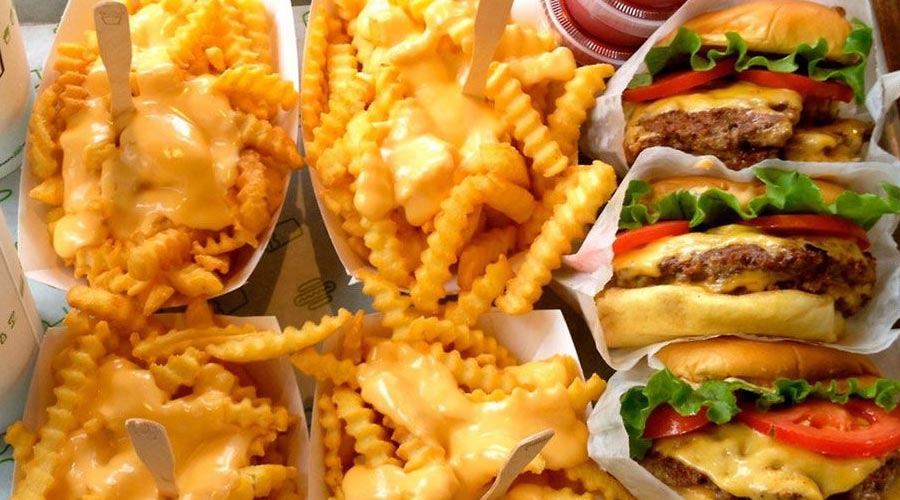
Some common high-carb foods include:
- Bread
- Pasta
- Rice
- Potatoes
- Beans
To find out the carb counts and serving sizes of these and other foods, you can use a food tracker or look up the nutrition information online.
Make a meal plan
When low-carb dieting, it can be helpful to have a meal plan in place. This will help you stay on track and make sure you’re getting the right nutrients each day. You can find plenty of low-carb meal plans online or create your own.
Stay hydrated

It’s important to stay hydrated when low-carbing, especially if you’re working out regularly. When dehydrated, your body will hold onto water weight. Make sure to drink plenty of fluids throughout the day, preferably water or herbal tea.
Consider carb cycling

If you find yourself getting too hungry or hitting a weight loss plateau, you may want to consider carb cycling. This is when you eat low-carb meals most of the time but occasionally include higher-carb foods. This can help boost your metabolism and provide your body with the energy it needs to continue losing weight.
Be aware of alternatives
There are many low-carbohydrate alternatives to the foods mentioned above. If you’re looking for a low-carb version of your favorite food, there’s likely a recipe available online. Some low-carb substitutes include:
- Low-carb pasta
- Low-carb bread
- Low-carb tortillas
- Low-carb pancakes

These recipes are all easy to follow and will help you stick to your low-carb diet while still enjoying delicious meals.
Potential side effects on a low-carb diet
When low-carb dieting, it’s important to be aware of the potential side effects. These can include:
- Headache
- Fatigue
- Constipation
- Dizziness
- Nausea
If you experience any of these side effects, try adjusting your carb intake or speak with your doctor.
Induction flu

When starting a low-carb diet, you may experience what’s known as induction flu. This is when your body is adjusting to the new way of eating and you may experience symptoms like headache, fatigue, and nausea. These symptoms usually only last for a few days, so be sure to drink plenty of fluids and eat low-carb foods during this time.
Other common issues on low carb
While low-carb dieting can be very effective for weight loss, it’s not perfect for everyone. Some people may experience problems like constipation, dizziness, and headache. If you experience any of these issues, try adjusting your carb intake or speak with your doctor.
Summary
Cutting carbs can help you lose weight quickly and improve your overall health. If you’re ready to start your low-carb journey, use these tips to set yourself up for success!
By following a low-carb diet, not only will you lose weight but also lower your risk of disease due to the improved blood sugar levels, cholesterol levels, and blood pressure. Low-carb diets also give you more energy as your body isn’t struggling to process sugar. Tips for following a low-carb diet are planning ahead, choosing healthy carbs, and making sure you’re getting enough protein. Cutting back on processed foods is also key! With these tips in mind, you’re ready to start your low-carb journey today!
Don’t give up
Remember that low-carb dieting is a long-term commitment. You didn’t put on the weight overnight and you’re not going to lose it overnight either. Be patient and stick to your plan and you will see results. Congratulations on making the decision to improve your health!
FAQ’s
What is the fastest way to lose weight on a low-carb diet?
The fastest way to lose weight on a low-carb diet is to stick to the plan and be patient. Remember that you didn’t put on the weight overnight and you’re not going to lose it overnight either. Consistency is key!
Can you lose weight just by cutting out carbs?
Yes, you can lose weight just by cutting out carbs. However, it’s important to make sure you’re also eating healthy fats and proteins as well as getting enough fiber. Fiber helps to keep you feeling full and satisfied so you’re less likely to overeat.
How much weight can you lose on a low-carb diet in 2 weeks?
You can lose up to ten pounds in two weeks on a low-carb diet. However, it’s important to remember that weight loss will vary from person to person. Be patient and stick to your plan for the best results!
What can I eat on a low-carb diet to lose weight?
There are many low-carb foods you can eat to lose weight. Some good options include meat, poultry, fish, eggs, cheese, low-carb vegetables, and healthy fats like olive oil and avocado. Avoid processed foods and sugary drinks for the best results!
Can you lose weight on 40 carbs a day?
It is possible to lose weight on 40 carbs a day, but it’s important to make sure you’re also eating healthy fats and proteins. Fiber is also important to help you feel full and satisfied so you’re less likely to overeat.


